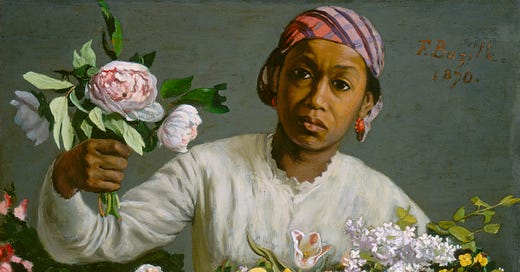And You Weren’t There
Walking back from class I saw
an ambulance in a crowd ahead.
Closer and angled right to see
through the thick, it seemed you
were flat alongside a truck. EMTs
were shifting you onto a stretcher.
Of all things, the baby carrier,
empty, was on your chest. Why?
The guy in the truck had his face
in his hands. Students close by
somehow prayed, beseeching
the sky, as if they knew you.
Was it this, them, that kept me
walking to the library, where
I was going, where I always am,
where I escape from you, both
of you, to work? Was I hoping
to avoid embarrassment? What
would be the embarrassment?
Would it be pushing through
despite demands that people
stay back, and pushing aside
the prayers, only to find out
in their gaze that it wasn’t you?
Or would it be my finding out
it really was you, and having
my finding out be witnessed
in public, and being expected
to do something—cry, scream,
throw haymakers at nothing,
at the guy who ran you down—
in public, and risk being seen
as not behaving the right way
by the public? Was I in denial
about its truth? But the carrier—
would our son have even fit?
I fought the to-the-scene tide.
I tried to call you. I called again
during my study, the two hours
I had before I was to meet you
so we could pick up our boy
from daycare. Thinking, I guess,
that if it had been you, someone
would have called the number
that called twice, I lost myself
in work. Having to finish an idea
and pee, I was a few minutes late,
as always. And you weren’t there.*This poem is unpublished
Painting: “Young Woman with Peonies,” by Frederic Bazille (1870)





